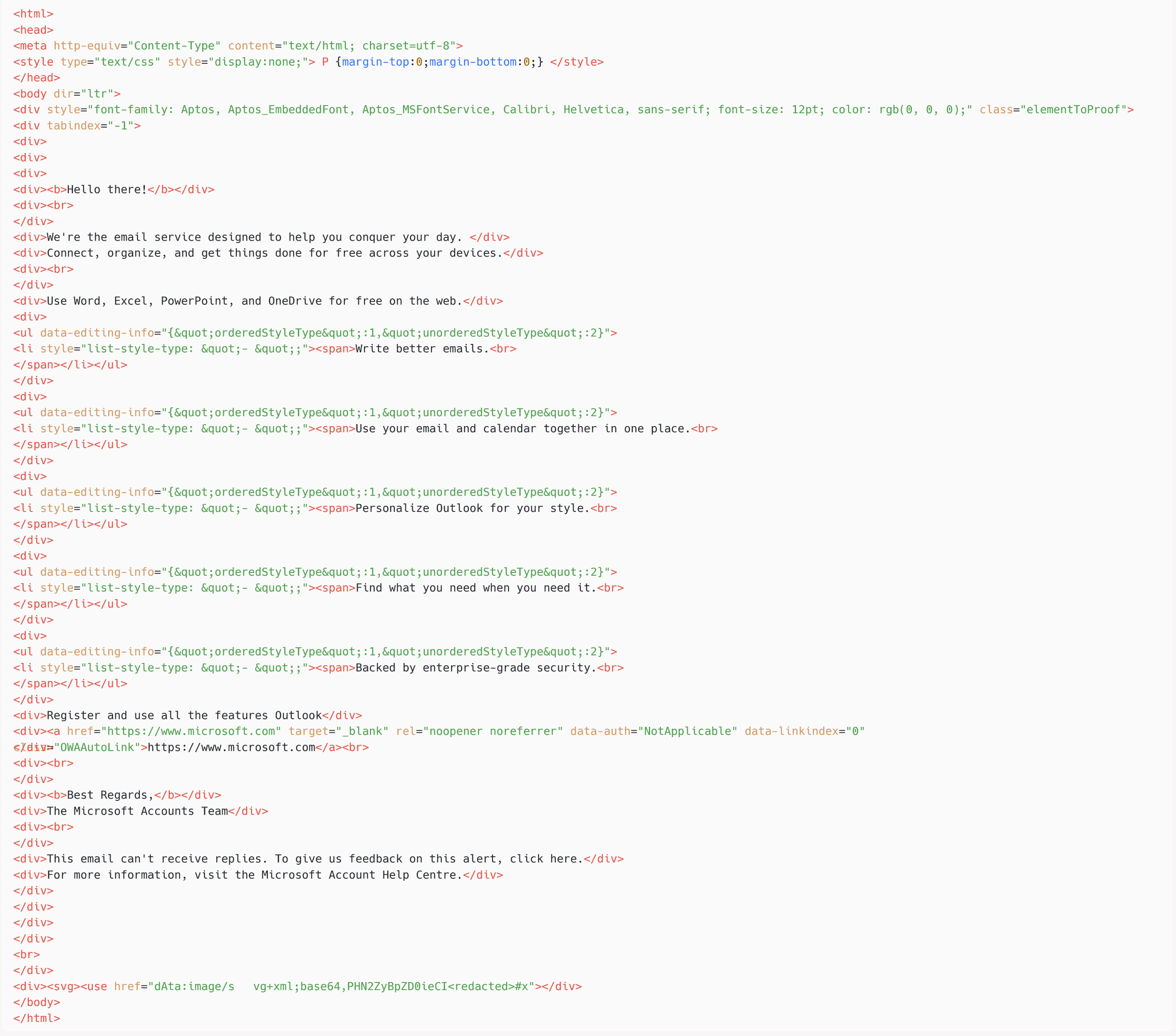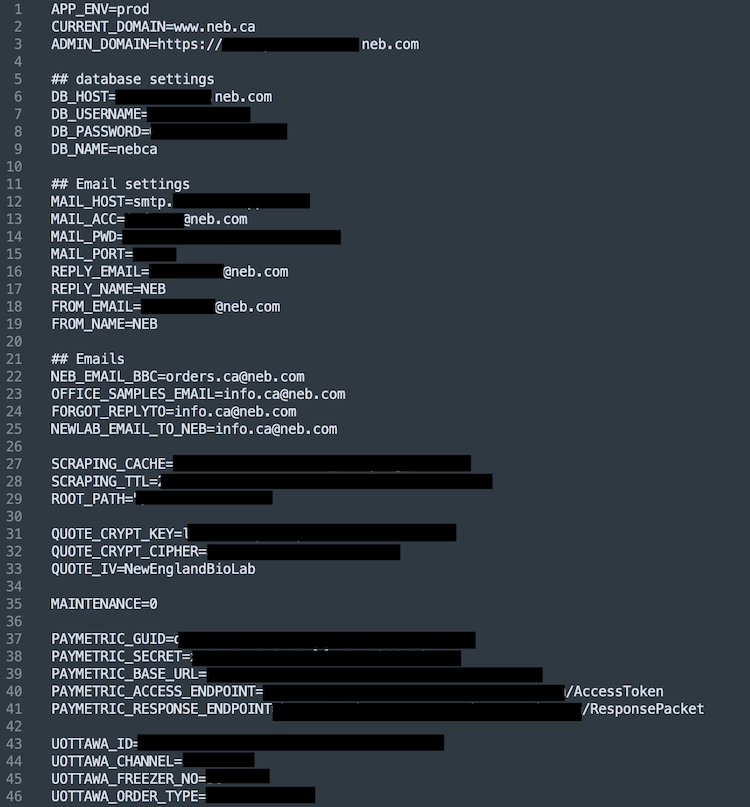This breach raises concerns about the security and privacy of Airbnb’s user base, as the stolen data can be used for malicious purposes such as identity theft and phishing.
The breach was caused by a vulnerability in Fiserv’s MOVEit managed file transfer application. Fiserv has patched the vulnerability, and the bank is monitoring for unusual activity.
VMware has released security updates to address a critical vulnerability in their vCenter Server software. The flaw, known as CVE-2023-34048, allows for remote code execution and is of critical severity (CVSS score: 9.8).
The threat actor attempts to disguise their origin by hosting infrastructure in Azerbaijan and using the Azerbaijani language in their operations, despite not being fluent in Azerbaijani.
Smokeloader malware is a highly complex tool that can perform various malicious functions, such as stealing credentials and executing DDoS attacks, with prices ranging from $400 to $1,650 depending on the package.
The breach, which occurred on August 7, 2023, was discovered a day later and the cybercriminals were removed from CoinFlip’s systems with the assistance of their IT team.
The vulnerability, assigned CVE-2023-5631, allowed attackers to execute arbitrary JavaScript code in the context of a Roundcube user’s browser window through a specially crafted email.
The two exposed environment files contained sensitive information such as database credentials, SMTP server login details, and payment processing information, according to Cybernews researchers.
Ransomware groups are likely to leverage AI-enabled tools, such as chatbots and voice cloning, to enhance their social engineering tactics and technical skills, posing a greater threat to public and private organizations.
The updated plan will involve collaboration with industry stakeholders, government agencies, and critical infrastructure organizations, recognizing the private sector’s role as the first responder to many cyber incidents.









